Why Millennials, Gen Z need to buy a house before they’re 34
Hopes of securing the Great Australian Dream could be over before you know it, after new research unveiled the best age to buy.
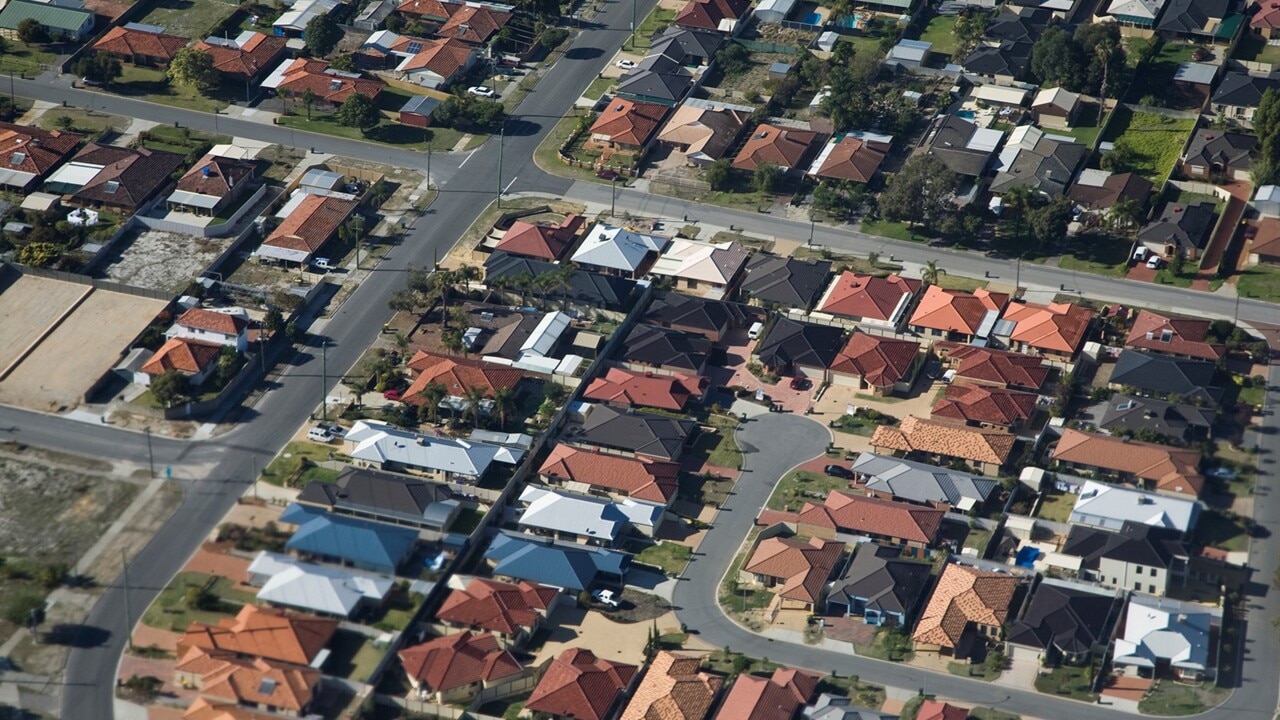
Property
Don't miss out on the headlines from Property. Followed categories will be added to My News.
Trying to buy a home is hard enough in Australia. Now, it appears, there’s a time limit too.
A new report by the Australian Housing and Urban Research Institute (AHURI) has painted a bleak picture for Millennials and Generation Z trying to buy a piece of the country’s property scene, as well as an eye opening finding for the bank of mum and dad.
According to the latest census data, 66 per cent of Australian households own their home either with or without a mortgage, while 31 per cent of the nation rent their home.
However, research by the AHURI has found home ownership rates for 30-year-olds have plummeted from a high of 65 per cent for those born in the 1950s to 45 per cent for those born in the 1980s.

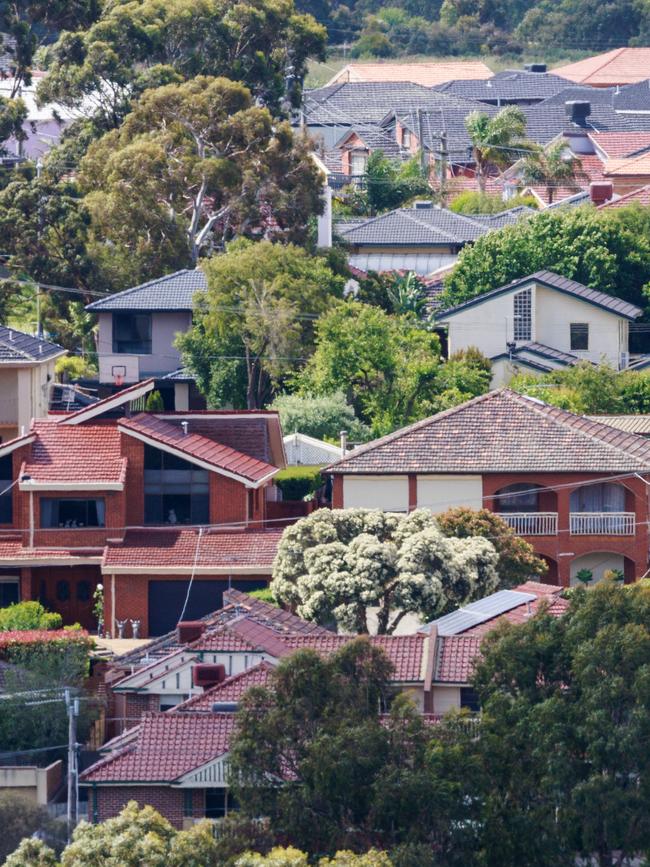
A number of social, demographic and economical factors have influenced this, with co-author of the report and University of Sydney Associate Professor Stephen Whelan arguing this delay is not necessarily a bad thing.
“We know for example, younger generations are getting more education, delaying partnering and fertility so there’s good reasons why they might delay entry and homeownership,” he told news.com.au.
However, when the professor and his team started to compare how home ownership rates differed as the younger and older generations aged, the findings were more alarming.
According to the report, Millennials who experience lower levels of home ownership between the ages of 30 to 34, do manage to catch up to their boomer counterparts over time, however that catch up “remains incomplete”.
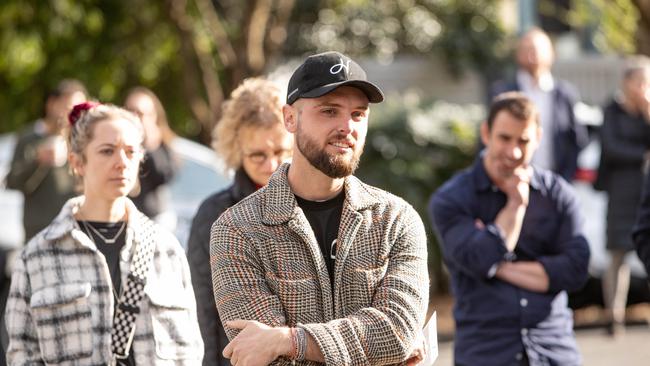
“There’s a group of individuals from the younger generation who it appears are unlikely to ever get into homeownership,” Prof Whelan said.
In layman’s terms, the study found those who don’t manage to purchase a home by their early 30s have a slimmer chance of the “Great Australian Dream” later on in life.
In another blow, it also found for every $100,000 increase in house prices, prospective buyers are three per cent less likely to purchase a piece of real estate.
The affordability challenge
As Millennials and Generation Z are well aware, the cost of living has skyrocketed since their parents’ younger years, at a faster rate than people can afford.
For example, the study found those born in the early 1950s were paying a mean national house price of just under $203,000, with that figure more than tripling to $717,031 for those born in the last 1980s.
“Homeownership is becoming more challenging to achieve simply because of the affordability challenge,” Prof Whelan said.
As a result, options for first home buyers who may not have a large sum of money to spend on a home, have reduced to small homes outside of the city or apartments.
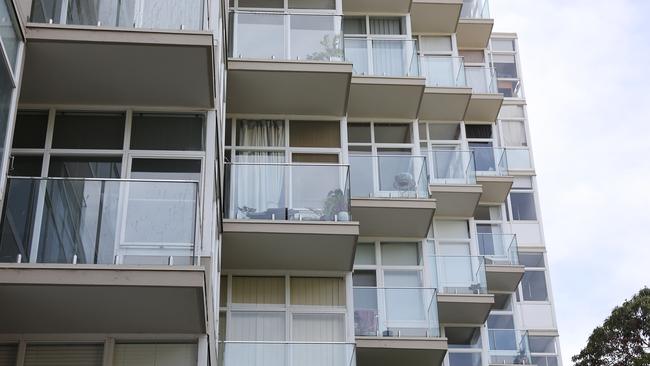
“What will simply have to happen for households to achieve high rates of homeownership is (young prospective buyers) will need to make those behavioural changes,” Prof Whelan said.
“(The Great Australian Dream) may no longer be the quarter acre block that our parents had.”
While it’s difficult to know what could counteract the housing affordability crisis, Prof Whelan said a “change in tax arrangements” could increase opportunities for first time buyers.
“There’s a heavy reliance on stamp duty across most Australian states and territories and there’s been some limited steps to reforming that (such as) moves towards a broad based land tax rather than stamp duty,” he explained.
“It‘s probably gonna have a minimal effect on affordability per se but it’s more likely to change market dynamics by increasing the rate of transaction.
“Potentially it could also reduce the amount of investment activities which provide potential opportunities for owner occupiers.”
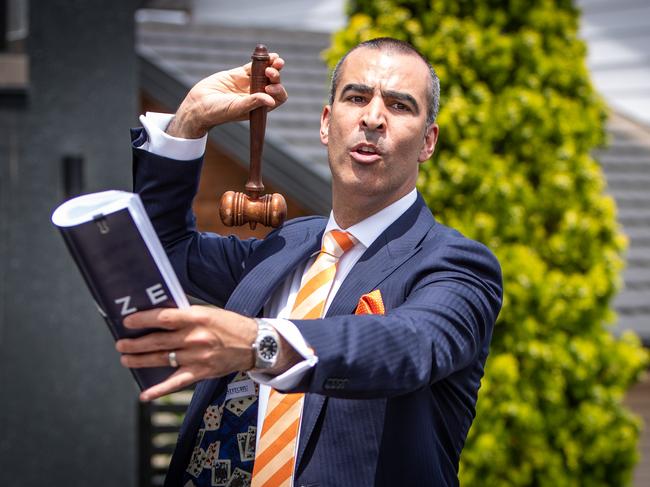
How first time buyers can get their foot in the door
Intergenerational wealth was found to play a key role in determining which young Australians are able to afford a home.
According to the report, the bank of mum and dad in aggregate places is considered to be among the top 10 mortgage providers in the country.
Intra-family assistance can appear in many forms including direct cash transfers and acting as a guarantor.
“We also know that as the current older generation passes away, then there‘s going to be sort of bigger inheritances being received by the younger generation,” Prof Whelan explained.
“So there is some evidence we identified that indicates that those transfers or (monetary) gifts are important for a transition in homeownership.”
In addition to intra-family wealth transfers, simply living with parents for a little bit longer than anticipated could improve chances of home ownership, with the Productivity Commission estimating the savings associated with co-residence can be as much as $300 to $400 per week.
For those who don’t have access to, or don’t wish to have parental support, Prof Whelan said a number of first homebuyer schemes across the country can assist with first home buyers acquiring a property.
“There’s a series of schemes now, which essentially allow households or individuals to move into homeownership with a much lower deposit than what’s generally been required in the past,” he said.
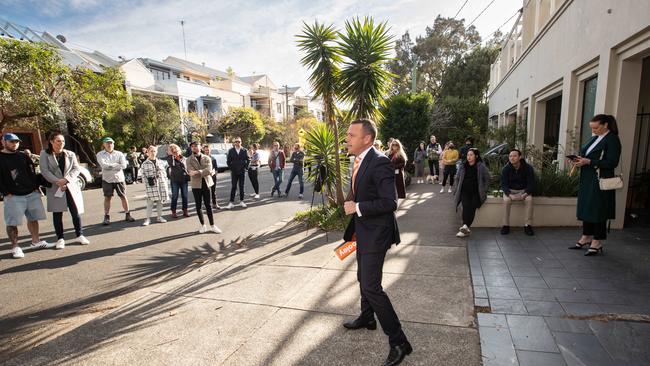
“That’s potentially also an important mechanism by which transition to homeownership can be achieved.”
Professor Whelan and AHURI’s investigation into the current property climate isn’t over just yet, with this latest study part of a larger research project known as the Inquiry into financing first home ownership: opportunities and challenges.
“(What we’re) looking at is the financing of first time homeownership and part of that inquiry, we want to understand what‘s happened in terms of entry into homeownership and also the various sources of finance including no- traditional sources of financing such as parental transfers,” Prof Whelan said.
The latest study was co-authored by Prof Whelan, Associate Professor Kadir Atalay, Professor Gary Barrett and Dr Rebecca Edwards from the University of Sydney, and Dr Melek Cigdem-Bayram from Melbourne’s RMIT university for AHURI.
More Coverage
Originally published as Why Millennials, Gen Z need to buy a house before they’re 34





